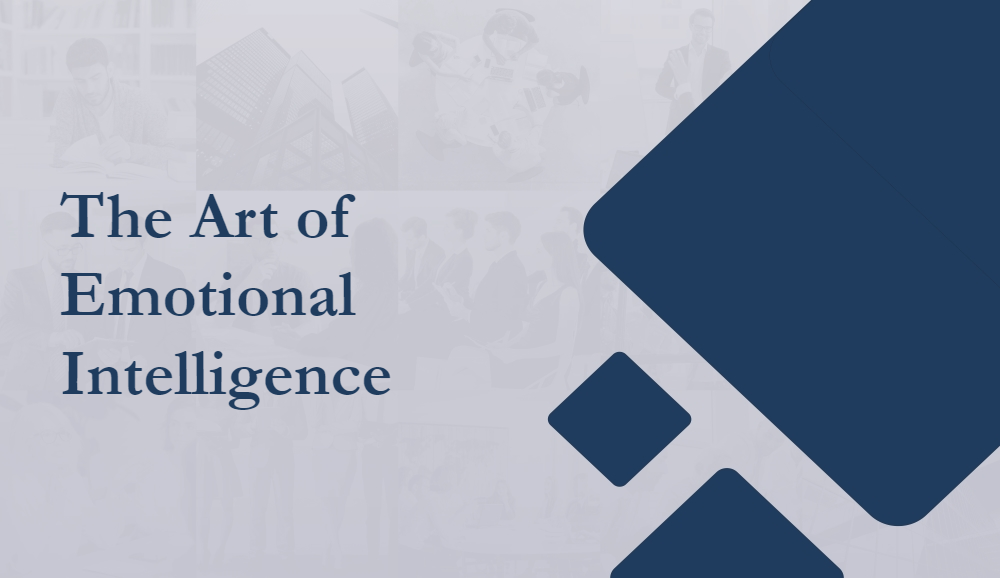The Art of Emotional Intelligence

The concept of emotional intelligence is not new. Aristotle was perhaps the first to mention the importance of emotion in human interaction. As Aristotle put it, those who possess the rare skill “to be angry with the right person, to the right degree, at the right time, for the right purpose, and in the right way” are at an advantage in any domain of life.
The workplace, as a social setting is one location in which people may learn about their behavior and emotions and it is becoming increasingly clear that Aristotle’s observations are taking on a greater significance in organizational life. This is in part due to the idea that effective learning, leadership and human relationships play a vital part in helping organizations to achieve competitive advantage. We live in a society that is dominated by organizations. Some people spend half their waking hours at work, and four out of five people work in organizations at one time or another during their lives. It is hard to deny the importance of understanding how motivation affects so much of the behavior that takes place in our society.
Many organizations try a number of different approaches designed to motivate associates to behave in certain ways. By studying the results of these organizational efforts, and using the core competencies of emotional intelligence through more than 1000 training programs which we have conducted, we have gained deep understanding with regards to human emotions and intelligence.
Key Learning Points
- Defining and evaluating the benefits of Emotional Intelligence
- Identifying the significance of developing Emotional Intelligence
- Identifying and overcoming emotions in the thinking process
- Identifying and defining the 4 Emotional Intelligence competencies
- Building self-awareness and recognizing the need for personal development
- Identifying strategies to manage self and emotions
- Adapting and managing self in accordance with the environment
- Building social awareness and skills
- Respecting the needs and emotions of others
- Creating mutual trust and respect as a foundation for relationships
- Increasing self-esteem and projecting a positive and encouraging attitude towards others
- Developing a life script to alter our beliefs and visions of the future


0 Comment